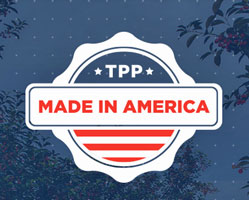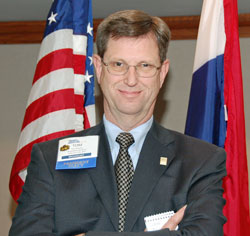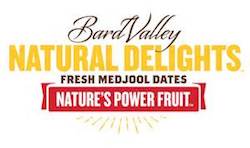 Seems like everyone has something to say about the Trans Pacific Partnership agreement reached by negotiators meeting in Atlanta for more than five days, even though few details have been released.
Seems like everyone has something to say about the Trans Pacific Partnership agreement reached by negotiators meeting in Atlanta for more than five days, even though few details have been released.
U.S. Trade Ambassador Michael Froman does say that agriculture is a big winner under the agreement. “Tariffs will either be eliminated or greatly reduced or quotas will be significantly increased,” he said. The TPP parties have also “agreed to increased transparency and cooperation on certain activities related to agricultural biotechnology.”
Listen to Froman’s comments about agriculture in the TPP here:
USTR Michael Froman
Agriculture Secretary Tom Vilsack notes that countries in the Trans-Pacific Partnership currently account for up to 42 percent of all U.S. agricultural exports, totaling $633 billion. “Thanks to this agreement and its removal of unfair trade barriers, American agricultural exports to the region will expand even further, particularly exports of meat, poultry, dairy, fruits, vegetables, grains, oilseeds, cotton and processed products,” said Vilsack.
Most agricultural organizations commenting on the agreement so far say they are pleased a deal has been reached and look forward to seeing the details. Beef, pork and dairy groups were among the first to comment, followed by other groups.
American Farm Bureau Federation: “Now it is up to us to figure out exactly what we have and how we should work with Congress to improve international market opportunities for U.S. farmers and ranchers through the Trans-Pacific Partnership.”
American Soybean Association: “We are optimistic that soybeans, soybean products, and the livestock products produced by our customers all will fare well in the TPP agreement when specific details are revealed.”
National Corn Growers Association: “We are hopeful that this agreement continues the tradition of past free trade agreements, which have had a positive impact for America’s farmers and ranchers.”
USA Rice: “Rice is nearly always a sensitive commodity in trade negotiations and the TPP was no exception. USA Rice will continue to remain in close contact with Congress as we assess the agreement.”
One organization in particular, however, remains vigorously opposed to TPP and that is the National Farmers Union. “Just as we feared, the Trans-Pacific Partnership (TPP) is moving forward without any meaningful language addressing one of the chief tools used by our trade competitors to ensure the playing field is never fair: currency manipulation,” said NFU president Roger Johnson.
 Brownfield Ag News anchor and former NAFB president Tom Steever got a 20 minute interview with President Obama this week on the Trans Pacific Partnership (TPP) deal and what it means for agriculture.
Brownfield Ag News anchor and former NAFB president Tom Steever got a 20 minute interview with President Obama this week on the Trans Pacific Partnership (TPP) deal and what it means for agriculture.









